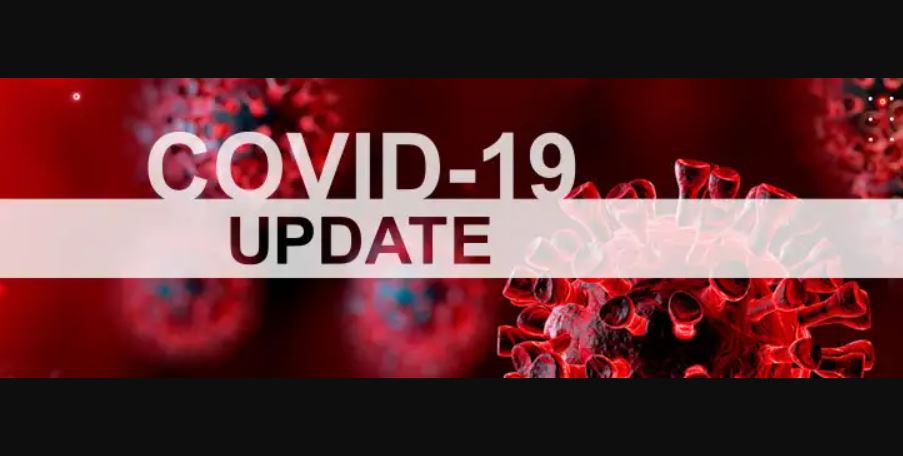WHO labels newly identified Covid strain as Omicron, says it’s a variant of concern
The World Health Organization assigned the Greek letter Omicron to a newly identified Covid variant in South Africa.
The U.N. health agency recognized the strain, previously referred to as lineage B.1.1.529, as a variant of concern.
Health experts are deeply concerned about the transmissibility of the Omicron variant given that it has an unusual constellation of mutations and a profile that is different from other variants of concern.
It is feared a sharp upswing of Covid cases in South Africa’s Gauteng province — where the heavily mutated strain of the virus was first identified — could mean it has greater potential to escape prior immunity than other variants.
The designation of a new variant of concern coupled with mounting alarm from health officials sent global markets into a tailspin on Friday. Oil prices and travel and leisure stocks took heavy losses on the news.
To be sure, WHO has said it will take weeks to understand how the variant may impact diagnostics, therapeutics and vaccines.
What do we know so far?
South African scientist Tulio de Oliveira said at a media briefing on Thursday that the Omicron variant contains around 50 mutations, but more than 30 of these are in the spike protein, the region of the protein that interacts with human cells prior to cell entry.
What’s more, the receptor binding domain (the part of the virus that first makes contact with our cells) has 10 mutations, far greater than just two for the delta Covid variant, which spread rapidly earlier this year to become the dominant strain worldwide.
This level of mutation means it most likely came from a single patient who could not clear the virus, giving it the chance to genetically evolve. The same hypothesis was proposed for the alpha Covid variant.
Around 100 Omicron variant genomes have been identified in South Africa, mostly in the Gauteng province. The variant has also been detected in Israel, Botswana and Hong Kong.
Many of the mutations identified in the Omicron variant are linked to increased antibody resistance, which may reduce the effectiveness of vaccines and affect how the virus behaves with regard to inoculation, treatments and transmissibility, health officials have said.

